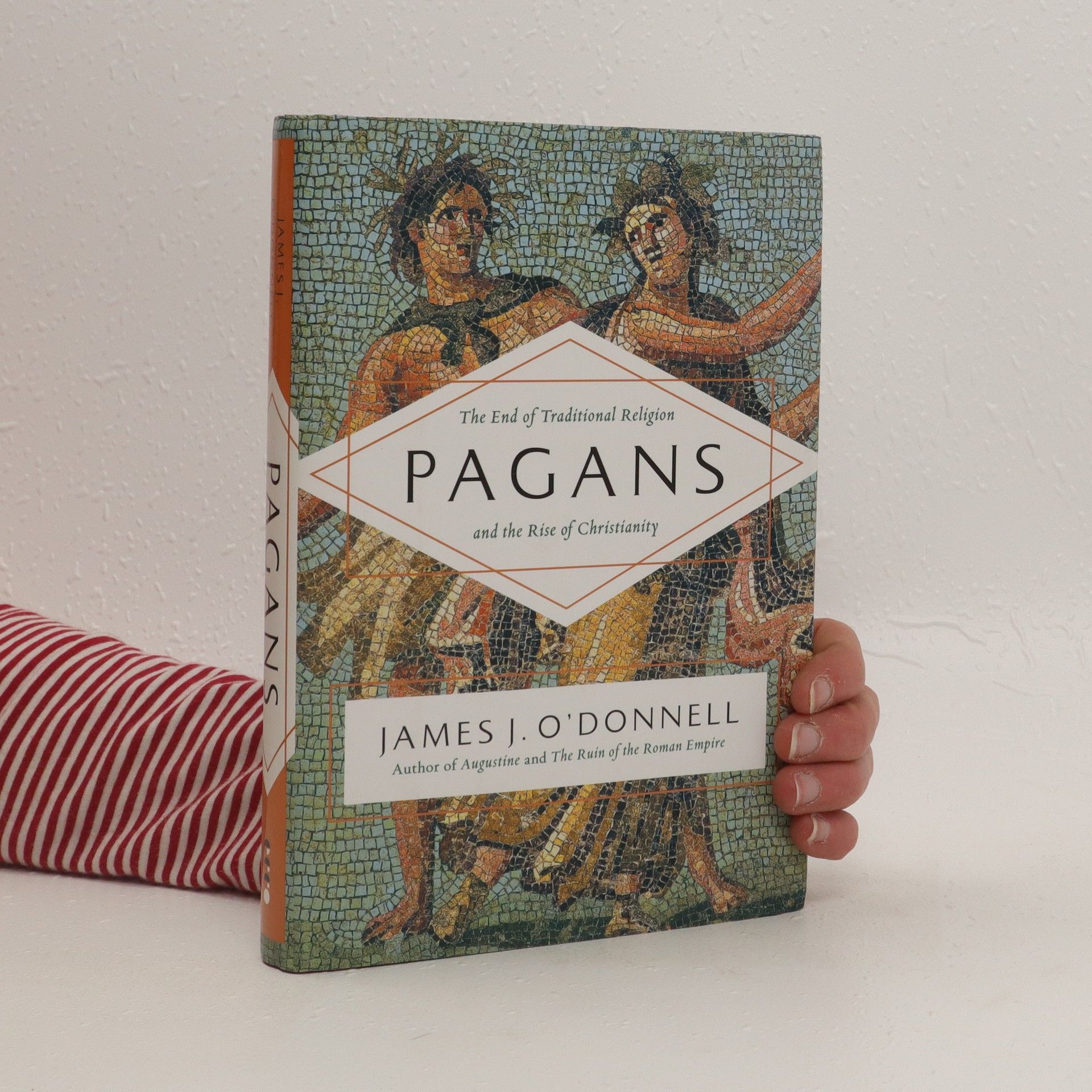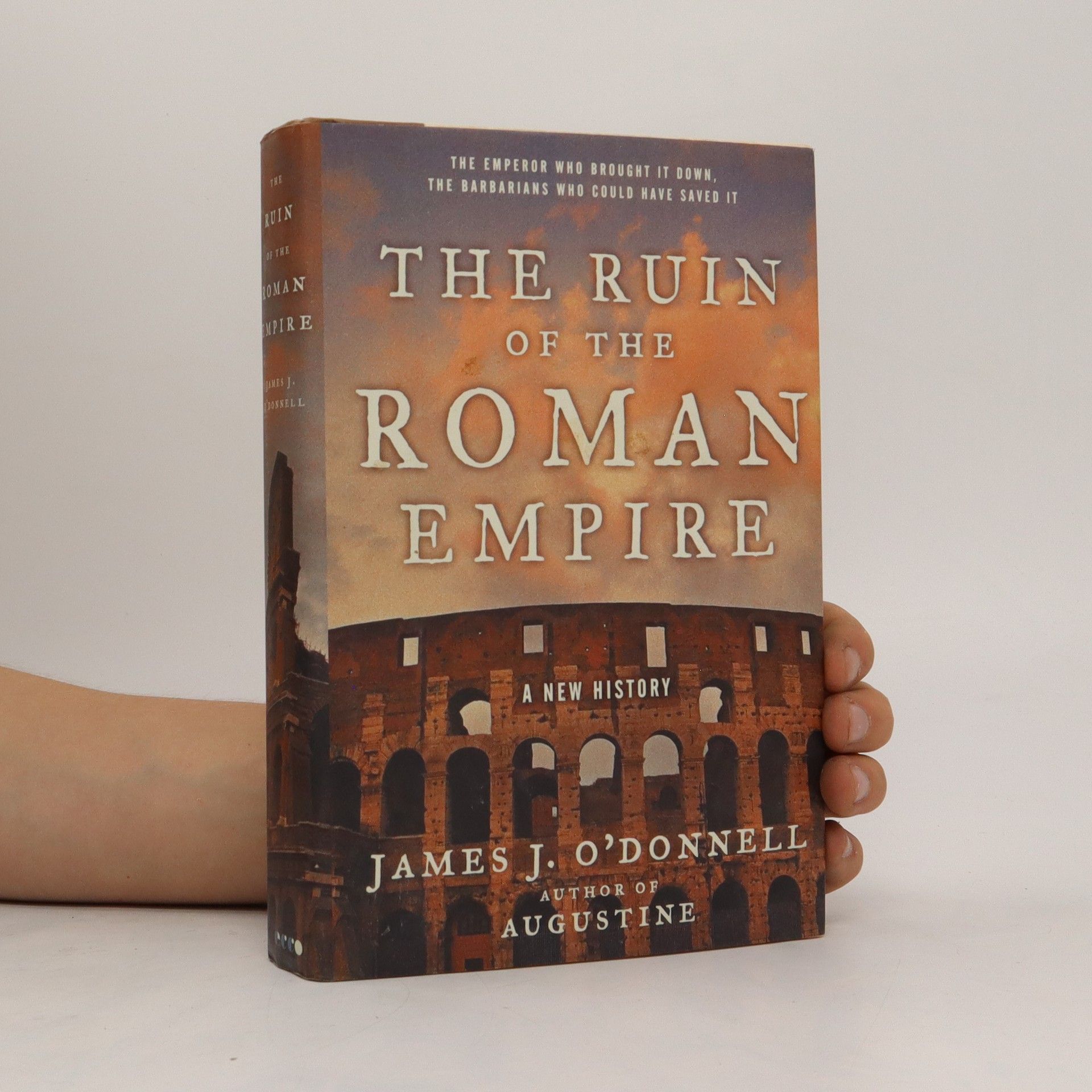The Ruin of the Roman Empire
- 436 stránok
- 16 hodin čítania
Recounts the sixth-century events and circumstances that led to the fall of the Roman Empire.
James Joseph O'Donnell je popredný klasický učenec, ktorého práca sa zameriava na neskorú antiku a rané kresťanstvo. Ako univerzitný knihovník a bývalý univerzitný profesor sa hlboko ponára do prepojenia klasickej učenosti s modernými informačnými technológiami. Jeho skoré prijatie webu pre akademickú spoluprácu v humanitných vedách svedčí o jeho inovatívnom prístupe k šíreniu poznatkov. O'Donnell prináša do svojej práce jedinečnú perspektívu, ktorá spája historickú hĺbku s vizionárskym pohľadom na budúcnosť akademického sveta.


Recounts the sixth-century events and circumstances that led to the fall of the Roman Empire.
This provocative religious history examines the rise of Christianity from the perspective of traditional religions, focusing on those whose lives were disrupted by what they perceived as a powerful cult. The "pagans" in question—devout Greeks, Romans, Syrians, and Gauls—cherished their ancestral traditions and viewed Christians, who worshipped a single deity, as immoral atheists. Religious scholar James J. O’Donnell guides readers through the Ancient Roman world up to the fourth century CE, a time when diverse Romans faced constraints imposed by rulers favoring a new god. While some embraced Christianity, others dismissed it as a mere trend. O’Donnell vividly depicts various pagan rites and essential aspects of Roman life, presenting fresh insights into historical figures like Constantine, Julian, and Augustine. He delves into significant themes such as Rome versus the East, civilization versus barbarism, plurality versus unity, and the tension between rich and poor, as well as tradition versus innovation. This account challenges conventional narratives and offers a lively exploration of a transformative period in history.